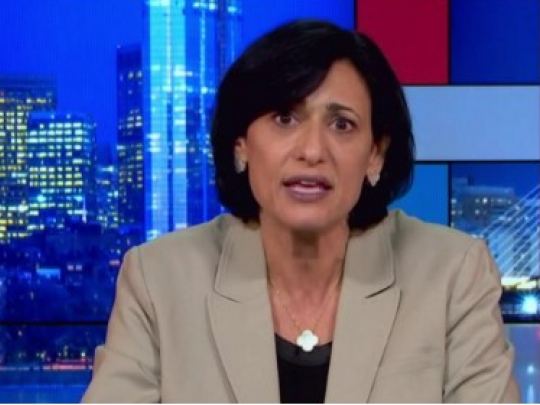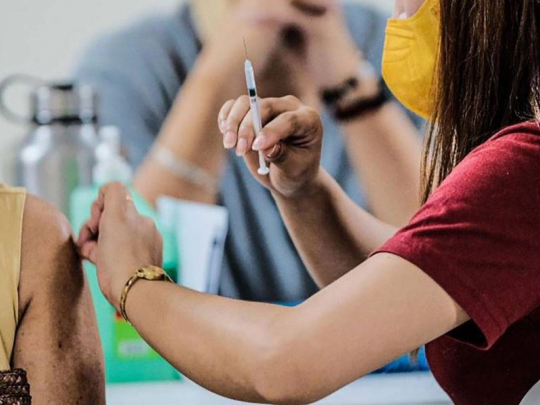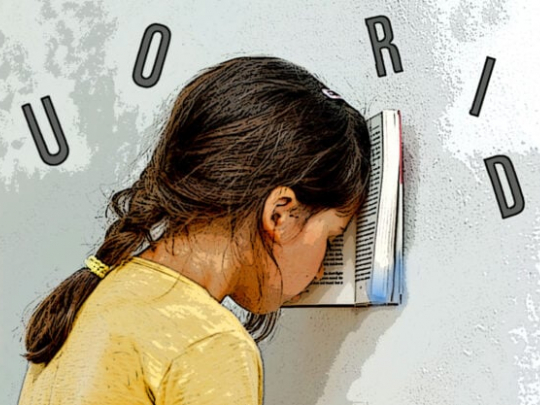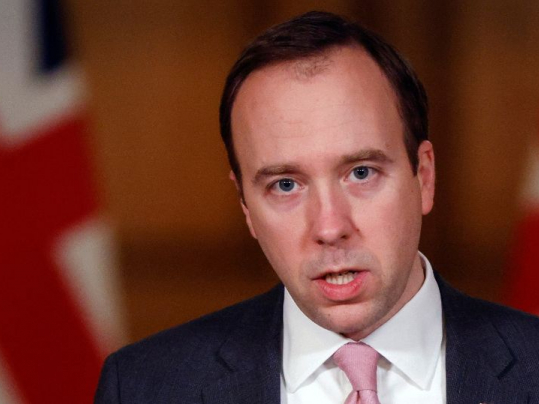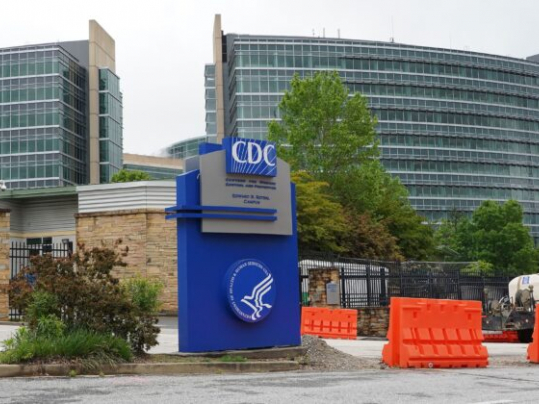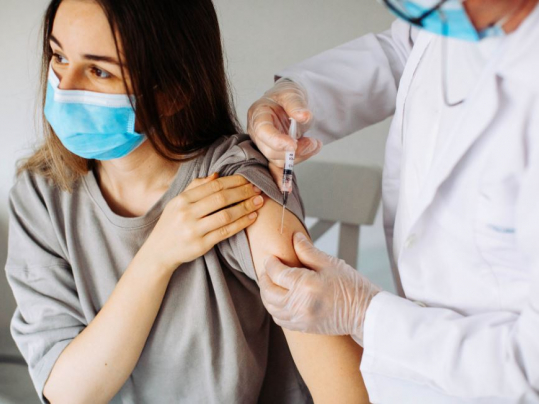When Fauci Told The Truth About Masking
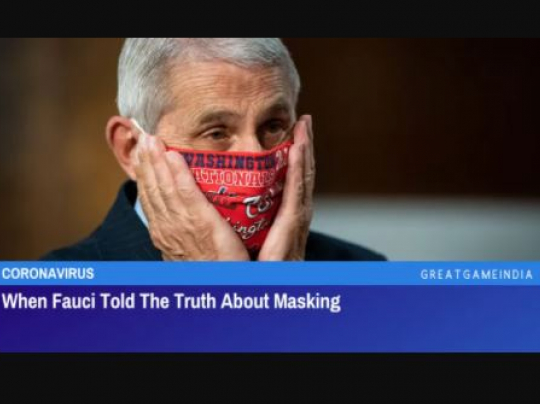
On February 4, 2020, just a month before his 60 Minutes interview, and two months before the CDC, with Fauci’s support, changed their mask guidance, he received an email from Sylvia Burwell, who had previously worked as a secretary of Health and Human Services under President Obama.
Burwell asked Fauci if she should bring a mask with her while traveling, to which he responded: “Masks are really for infected people to prevent them from spreading infection to people who are not infected rather than protecting uninfected people from acquiring infection.”
More importantly, he gave her one of the many scientifically based reasons why it wasn’t necessary, “The typical mask you buy in the drug store is not really effective in keeping out virus, which is small enough to pass through the material. It might, however, provide some slight benefit in keep[ing] out gross droplets if someone coughs or sneezes on you. I do not recommend that you wear a mask…”
There are several key points to highlight about his response, beginning with his statement that masks are not meant to provide protection to the wearer. Although this is consistent with the initial recommendation for the public to wear masks as a form of “source control,” the CDC and Fauci maintained that asymptomatic spread was the reason for recommending universal masking. But as previously noted, asymptomatic spread is incredibly rare to nonexistent.
If symptomatic individuals or those in the very early stages of showing symptoms are responsible for the overwhelming majority of spread, as multiple studies suggest, masks were never going to be effective at preventing asymptomatic cases from spreading to others. The new recommendations were doomed to fail as soon as they were implemented.
Secondly, and most notably, Fauci gave a specific explanation of the inherent flaws of masks purchased by the general public: that the virus is too small and passes right through the material. This sentence alone illustrates the inescapable contradiction to his later statement on the lack of supply as his initial hesitation to recommend masks. His immediate reply, based presumably on scientific evidence that he had seen and reviewed, was that masks do not work against viruses.
His assertion that masks might provide some slight benefit against droplets caused by coughing and sneezing is precisely the same argument used by the CDC and others to justify masking, but his previous statement negates that line of thinking entirely. If masks stop some droplets but the virus is too small to be blocked, lab experiments purporting to prove mask efficacy are functionally useless. Mechanistic laboratory simulations using mannequins wearing masks to show how well they stop droplets are measuring the wrong thing entirely.
Dr. Fauci knew pre-April 2020 that stopping droplets, the only thing that masks might potentially accomplish, won’t help due to the size of virus particles. He said nothing about ensuring supply for health care workers, who would need masks for protection in their duty as frontline providers treating COVID patients. He simply stated that masks are ineffective.
Conclusively, his final comment forcefully restated his point, “I do not recommend that you wear a mask.” That sentiment sums up what Fauci knew about masking, and that is exactly what he said when questioned on 60 Minutes. Up until the CDC changed their guidance, Fauci’s thinking was entirely consistent. Then, suddenly, and without any significant shift in evidence base, his opinion dramatically flipped.
How can we be so sure that the evidence base didn’t change? Well, because Fauci’s emails cover that as well. On March 31, just a few days before the CDC’s new recommendation for universal masking, he received an email from Andrea Lerner, another employee at NIAID and the National Institutes of Health.
Lerner confirmed what the entire scientific community already knew; there was no evidence that masking reduced transmission of influenza-like illnesses: “In addition, I found the attachedd [sic] review on masks that addresses use in the community settings. Attached are the paper and figure 3, which summarizes the data from 9 very diverse RCTs (overlapping with what I had sent earlier). Bottom line [sic]: generally there were not differences in ILI/ URI/or flu rates when masks were used…”
Fauci knew masks didn’t work to prevent illnesses like COVID. He knew that the evidence on masks hadn’t changed because one of his top employees confirmed that there was no positive impact from masking based on the gold standard of scientific research, randomized controlled trials. On March 31, Fauci was sent that email, confirming that his statements on March 8 to 60 Minutes were scientifically correct, yet on April 3, he and the CDC, with no new evidentiary basis, recommended universal masking.
The impact of that decision, based on an inaccurate assumption of asymptomatic spread and a purposeful disregard for the evidence, fundamentally changed the country. Masks became a political and cultural flash point, prompting endless inaccurate information from the media, embarrassingly poor-quality studies from scientific institutions attempting to prove they worked, and their supposed efficacy was used to justify putting children as young as two years old in masks indefinitely.
- Source : Ian Miller - GreatGameIndia




